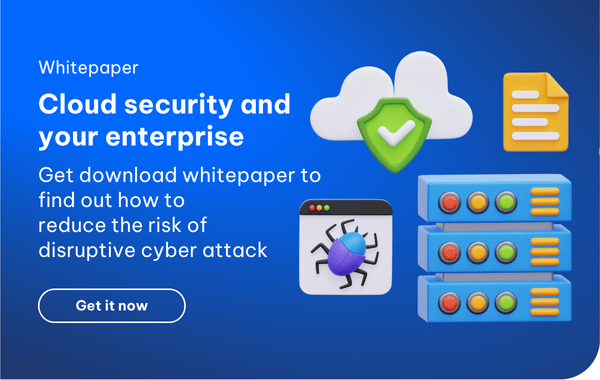The 2017 IT Priorities survey by TechTarget asked more than 1,000 CIOs and other tech leaders in the Asia-Pacific region about their companies’ key IT projects in this year. Data analytics, IT automation, and Internet of Things (IoT) are the top IT priorities for ASEAN companies. Another noteworthy trend is the accelerated adoption of cloud services at the expense of spending on other IT areas like maintenance and human resources.

Among the ASEAN-based respondents, 51% expect to have an increased budget for IT-related projects. It is worth noted that this figure is considerably lower than the one in last year’s survey when 64% anticipated an increase.
IoT has gained its share of significance with almost 35% of respondents stating they plan to use a cloud-based or analytic platform, followed by platforms for hardware and software in a thing or endpoint device, end-to-end platforms, and platforms to simplify mobile connections.
On the same note, 43% of participants expect to invest heavily in big data and business analytics while 31% plan to adopt mobile applications (a slight decrease from 35% in last year).
An increase in trend adopting cloud services
Among the IT initiatives, cloud services are thought to be the biggest winners, with 44% senior IT executives in the ASEAN region.
Regarding data storage options, cloud is the most popular choice (54%), far ahead of the second option - solid-state storage (27%). It also tops the list of backup and recovery options, with 49% of respondents saying cloud is their preferred choice.
Jim Hope, Vice President of Operations at Quality Consulting in Dallas, explained the notion as foreseeable due to cloud services being more cost-effective and more convenient than other traditional options.
In ASEAN region, Indonesia, Malaysia and Philippines are the leaders in implementing cloud infrastructure. The adoption rate varies depends on countries, however, the usage is limited to only data backup, data protection or disaster recovery. A complete shift to cloud services was viewed too risky. Plus, various legislative, cultural and political implications have restricted the mass deployment of cloud in the regions.
Besides big names in the IT sector such as AWS, Microsoft, IBM, HP, Oracle, the market welcomes a new player: e-commerce giant Alibaba starts penetrating the robust and developing ASEAN market. There are concerns towards Alibaba can only attract Chinese-owned organizations, and that its presence in Asia-Pacific region is still limited. But Nischal Khorana, Director Cloud and Data Center Asia-Pacific at Frost & Sullivan, predicts that in the long run, Alibaba’s success will be more prominent as they offer better deals compares to their competitors.
More companies will initiate mobile applications
Though we can see a clear shift in cloud computing, the implementation of automation initiatives was in consideration as well, at least 36% of respondents of IT Priorities survey agreed so.
Mobile internet usage in South East Asian region has reached its peak with a steady growth count up to three times since 2010. Each percentage point is expected to add $1.5bn to GDP and open up the job market for millions of people by 2020. Therefore, having the right technologies in place to ensure the development for firms in this region is the top priority. 40% of ASEAN IT experts expect to utilise mobile applications for software deployment, followed by "business intelligence/ analytics/ data warehousing (26%) and business process automation/business process management"(24%)”. Mobile collaboration apps are also in the spotlight due to their ability to obtain evergreen, repeatable mobile plans.
Among the desktop-related initiatives, "adopting software-as-a-service apps" and "implement apps as a service" come in second and third choices, after "Windows 10 deployment or migration".
Building stronger, better security system
A rather obvious issue but not many top-tier managers and leaders truly pay attention to is the vulnerability of data transferring via the internet, especially when cyber thieves are marking their presence with an ever-increasing amount of attacks towards both individuals and enterprises during the last few years.
Fortunately, 38% of participants declared to be more proactive in protecting properties in the cloud. A rather modest number but spending on domain name system (DNS) and dynamic host configuration protocol (DHCP) are expecting to rise and will remain its steady growth in the next 12 months.
This is significantly more crucial as organizations would also like to expand their presence, creating the need to connect, monitor, manage remotely. Thus, the survey recorded 40% of participants suggested the encryption implementation, while 38% preferred anti-malware and other endpoint security methods.
Looking for ways to maximise your security system in the cloud? Download our whitepaper and find out how to reduce the risk!
 English
English  Vietnamese
Vietnamese 


